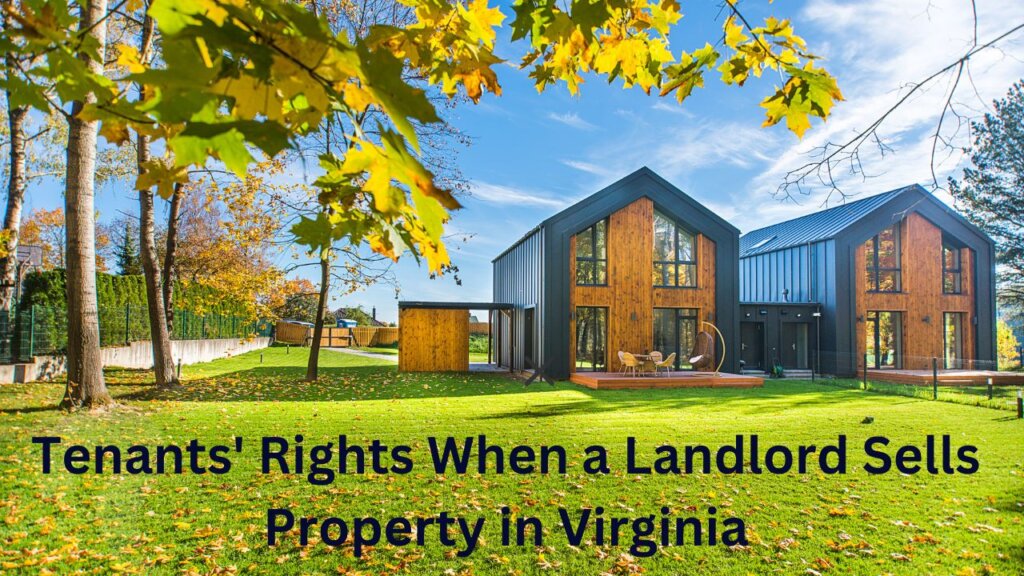Understanding tenants’ rights when a landlord sells property in Virginia is essential for protecting yourself during a property sale. Whether you have a lease for a set period or rent month-to-month, the sale of a property doesn’t automatically end your lease. Here’s a simple guide to help you know what to expect as a tenant in Virginia when the landlord sells the property.

What Happens to Your Lease?
If you have a fixed-term lease, like a one-year lease, the new owner must follow the terms of the lease until it ends. This means you can stay in the rental property until the lease expires. For tenants with month-to-month agreements, the new owner can ask you to leave, but they must give proper notice, which is typically 30 days in most cases.
Showings of the Property
While the landlord doesn’t need to notify you before listing the property for sale, they are required to inform you once it has been sold if it affects your tenancy. When showing the property to potential buyers, the landlord must give you reasonable notice (usually 24 hours) before entering your home.
Security Deposit Transfer
When the property is sold, your security deposit should be transferred to the new owner. The original landlord is responsible for providing written confirmation of this transfer, ensuring that the new owner is now responsible for your deposit.
Foreclosure and Tenant Protections
If the property is being sold due to foreclosure, tenants are protected under the Protecting Tenants at Foreclosure Act (PTFA). This law requires the new owner to allow tenants to stay until the end of their lease, and month-to-month tenants must receive at least 90 days’ notice before they have to leave.
Relocation for Renovation or Owner Occupancy
If the new owner wants to live in the property or do major renovations, they must follow Virginia’s laws for tenant relocation. This means they need to provide proper notice before asking you to move out. Always check your lease agreement for details.
Conclusion
Knowing your tenants’ rights when a landlord sells property in Virginia helps ensure you’re prepared if the property you rent is sold. By understanding the rules about leases, security deposits, and notices, you can better protect yourself during the sale process and avoid unexpected issues.

